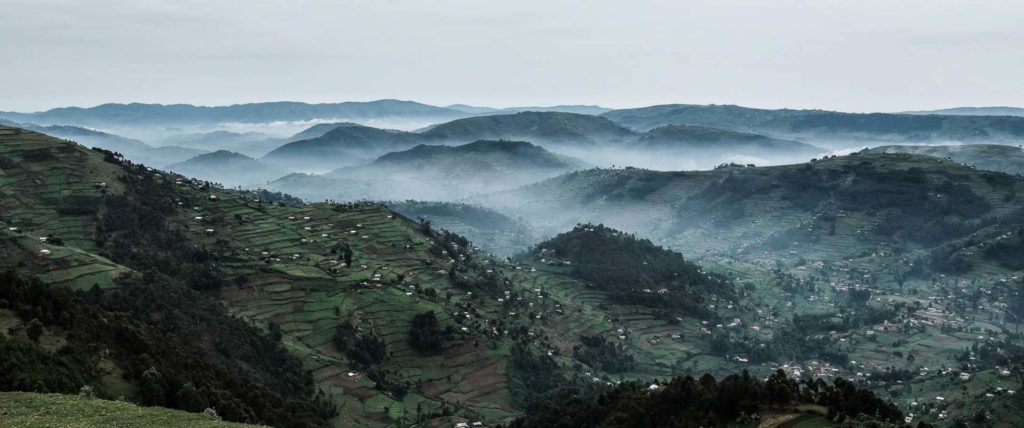Thank you San Diego for an incredible evening at the top of the world. Our 10 Year Anniversary Celebration at Diamond View Tower was one for the record books. We have deeply appreciated your support year after year as we've worked together to help more communities around the world achieve food security, improved nutrition, climate resilience, and increased income through sustainable agriculture practices. What with the next 10 years bring! We can't wait to find out. Check out some wonderful photos from the event, taken by DIG supporter and event host, Big Mike Phillips.
Read More
